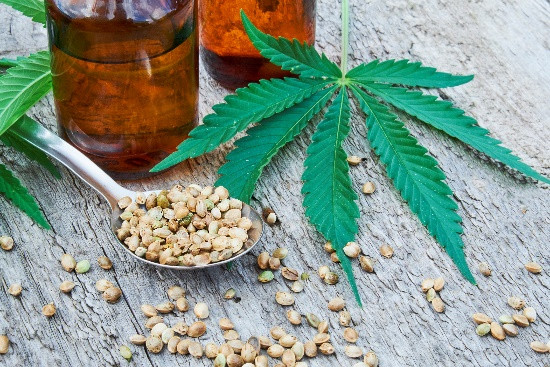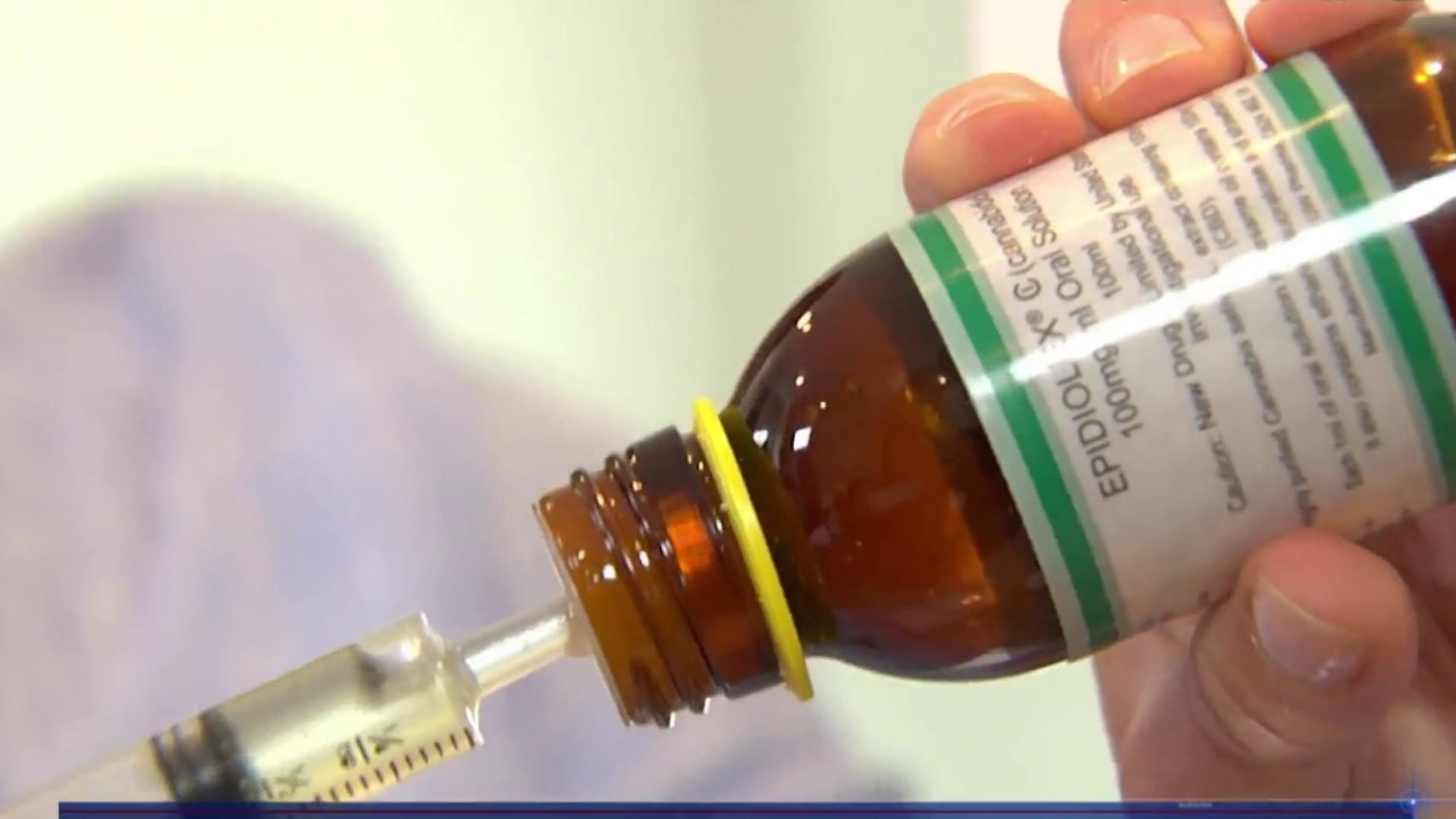
The cannabis market is growing at an incredible rate. There are more studies being conducted and more information available about the plant's characteristics. CBN Oil is one aspect that has seen this increase in popularity. The mainstream has now begun to take notice of its medicinal properties. CBN tinctures already contain it, and they show its vast range of properties. These are the basics you should know about this oil.
Cannabinol
Cannabinol is extracted from hemp and cannabis through two different extraction methods. Solvent extractions dissolve plant material using low-grade alcohol. This process extracts CBD in a safer manner, but leaves residue. Solvent extractions also strip plants of chlorophyll. This can make CBD oil taste bitter. The next step in the process is filtration. Filtering removes any chlorophyll and increases the oil's potency.

Cannabinoids are compounds which interact with the brain's receptors for cannabinoid. THC and cannabinol share the same chemical structure, but they are distinct. CBD is less effective at binding to CB1 receptors than THC. CBD doesn't cause intoxication, unlike THC. CBD does NOT bind to THC's receptors so it can still be used.
CBD oil could interact with certain drugs including anti-epileptic medication. It could decrease the activity CYP450, an enzyme responsible for breaking down drugs. The effects of CBD oil can be stronger than the effects of drugs if this enzyme is blocked. Some CBD and drug interactions may not be possible in some cases. However, it is better to avoid them if you aren't sure what you are doing.
Cannabinol oil
Cannabinol can be described as a cannabinoid, which is derived from the cannabis flower. It is mildly psychoactive, although not powerful enough to cause a "high" like THC. It has a range of benefits including appetite stimulation, pain relief and immune support. It is legal to purchase in all 50 states. Here are some benefits to cannabinol.
This terpene is able to activate the endocannabinoid in humans, and it can react against cancer cells. In addition, it can help prevent epileptic attacks, which require patients to take opiate-based painkillers. Cannabinoids may also be able to reduce the symptoms of glaucoma. This is an optic nerve disease. Researchers continue to investigate the therapeutic potential cannabinoids, even though these results are not conclusive.

Cannabinol oil can be safely consumed and there is little risk of side effects. It is compatible both with CBD oil that is pure and broad spectrum. It can also help people fall asleep faster and stay asleep. Its antibacterial properties are one of its most valuable attributes, and this makes it an excellent treatment for a wide range of ailments. Cannabinol can be used both for medical and recreational purposes.
FAQ
What are the best CBD brands available?
We've handpicked these top five CBD brands based on quality, reliability, and value.
They sell CBD oil products of high quality that contain less than 0.2% HCA.
You might also want to check out our list of top CBD sellers all over the globe.
Is there a CBD industry that is growing?
Yes. The answer is yes! Legalization will continue to spread across North America, and this growth will continue. Canada was the first country to legalize recreational cannabis use. Several states also have medical marijuana laws.
This trend will likely continue for at least another decade as more states pass legislation allowing access to medicinal marijuana.
From an economic standpoint, legalizing marijuana is also sensible. Legalizing pot offers many benefits beyond providing a lucrative market alternative for farmers.
It could help decrease crime rates by reducing illegal drug availability. It could also help governments generate tax revenue.
People will likely choose to consume less alcohol as they become more comfortable with legal marijuana. This would result in fewer hangovers, and lower healthcare costs.
Chronic pain sufferers may find that marijuana can actually improve their quality of life. Many believe that THC (the active ingredient in marijuana) helps to relieve the symptoms of nausea and muscle spasms associated with chemotherapy.
Perhaps marijuana can be used as a treatment for mental illnesses like anxiety and depression. According to some studies, marijuana can be used to treat schizophrenia.
The future is bright for CBD, but there are still many challenges ahead.
Does CBD have a future?
The answer is yes. However, it is not because of its medical benefits. Its ability to make people feel better without feeling high is what makes it so attractive.
People who want an alternative to prescription medications will love the fact that you don't feel any different after you use it.
There is ample evidence to support the claims that cannabis can relieve pain, anxiety, depression, insomnia, among other conditions.
Cannabinoids in cannabis interact with our brains. This interaction creates feelings of relaxation and well being.
If you are interested in cannabidiol oil (CBD) for your health, it is important to know what it is and how it affects you.
Is CBD's market saturated?
The CBD industry is experiencing a growth rate of over 25% annually. This growth will continue at least five years. According to industry projections, it will grow from $2 billion to $5 billion by 2020.
The CBD market is currently dominated by two companies - GW Pharmaceuticals and Canndoc Ltd. Both companies have a focus on creating pharmaceutical-grade products. However, they have not been very successful thus far. Both are struggling in the marketplace to gain traction.
Cannabidiol, or CBD (cannabidiol) is a cannabis extract that contains less 0.3% THC. It doesn't produce any psychoactive effects. It is used for treating epilepsy and other medical conditions. It is also commonly used as a dietary supplement.
There are many kinds of CBD products. Some CBD products can be made with whole plant extracts and others, such as CBD.
These products share one common feature: they all contain low levels of THC.
They are thus legal under US federal legislation. However, this doesn't mean that you don't need to follow local laws when selling CBD products. It is important to check the regulations in your state for CBD products.
Some states also make CBD products illegal. These include California, Colorado, Florida, Mississippi, Missouri, New York, North Carolina, Ohio, Oklahoma, Oregon, Pennsylvania, Rhode Island, South Dakota, Texas, Utah, Virginia, Washington, and Wisconsin.
CBD products shouldn't be used if you live in any of these states.
How much CBD do I need?
It all depends on the product you're purchasing.
CBD oils come with a range of strengths: 100mg to 1000mg per ounce.
Some CBD products come in specific doses such as 25mg 50mg and 75mg.
Charlotte's Web, for example, makes CBD products that contain precise amounts of CBD.
If you're unsure about CBD's effectiveness for you, you can try a lower dose.
You can always climb higher.
Which states are the biggest consumers of CBD?
California, Colorado and Oregon are the top three states. These states have high populations, high incomes, low unemployment, and large populations. They also have a higher number of hemp farms compared to other states.
California is the leader because its economy is heavily dependent on agriculture. It produces much of the nation's fruits and vegetables. This makes sense because cannabis is extracted from the same plants as hemp.
Oregon and Colorado closely follow because both countries produce marijuana for medicinal purposes. However, unlike California, these two states do not allow the recreational use of marijuana.
Other high-ranking states include Washington, New York and Florida.
Statistics
- As a substance that was federally illegal before the passage of the 2018 Farm Bill, hemp-derived cannabinoids with no more than 0.3% THC still face a regulatory grey area. (forbes.com)
- The use of these products is likely to become even more widespread if the World Health Organization's recommendation that CBD no longer is scheduled in the international drug control conventions is adopted by the United Nations member states [201]. (ncbi.nlm.nih.gov)
- HR −16 mmHg; 95% CI −26, −6; I2 = 92%) (ncbi.nlm.nih.gov)
- however, one study also found that these effects were virtually abolished when the original media (a nutrient broth agar) was replaced with one containing 5% blood (increasing the minimum concentration to ~160 μM CBD) [179]. (ncbi.nlm.nih.gov)
- While the primary injury may not be treatable, interventions that attenuate secondary sequelae are likely to be of benefit [203].Only one study (ncbi.nlm.nih.gov)
External Links
How To
What are the issues that the CBD industry faces?
The current market for CBD-based products is expanding at a phenomenal rate. Businesses looking to get into this market face many obstacles. These include a lack consumer awareness, high-cost entry, limited access capital and regulatory uncertainty.
Many people don't know much about CBD or how it works. They are unable to make an informed decision about buying CBD products.
CBD companies heavily rely on word-of-mouth advertising. This can be costly as it involves advertising and staffing to promote the brand.
High production costs are another problem facing new entrants in the CBD industry. CBD products can be very costly because of the cost of the raw materials. CBD oil can only be made if hemp is grown in the right climate and soil conditions.
Grow enough hemp to produce CBD oil requires approximately $1,000 per annum. Many small farmers are unable or unwilling to invest in this product.
A lack of capital access is another issue that new entrants will face in the CBD marketplace. Banks are often discouraged from helping people start businesses because of the stigma that surrounds the industry.
Final, there are regulatory uncertainties surrounding the sale CBD products. There are currently no clear guidelines regarding how CBD products should be marketed.
Despite some states having passed laws restricting the sale CBD products, this is not yet a national policy.
Only Nevada, Maine, and Nevada have legalized recreational pot.
Massachusetts and Michigan have considered similar measures.
These changes could cause increased competition among CBD manufacturers.
Many entrepreneurs prefer to work at home over starting a business.